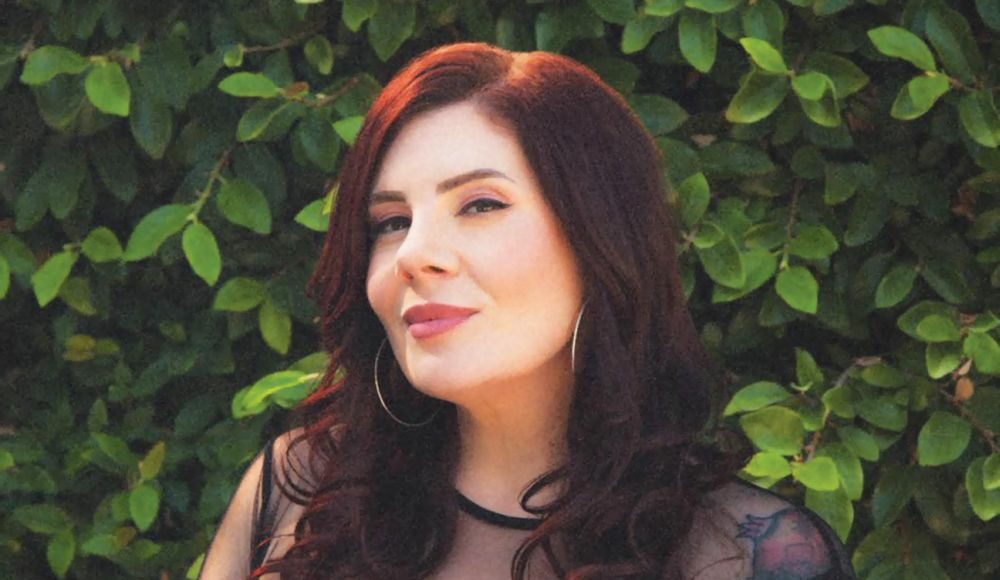Novelist Sarah Rose Etter moved to San Francisco’s Mission District in an era she pinpoints as “a little past the Gold Rush moment.” Instead of a thriving metropolis flush with riches, the landscape felt bleak.
On her third or fourth day in town, the author and tech worker had a foreboding experience. A rattled cafe owner warned her of the city’s perils. The night prior, a man had set himself ablaze in front of the coffee shop, and the owner struggled to put him out.
“I think that was my first foreshadowing that maybe I had moved someplace that was not as idealized as it had been in my head,” Etter explains.
In the following months, she despaired at the countless inequities she observed. She’d see fellow residents who were down on their luck and suffering, only to find herself working for a tech company supplying its employees with free food.
“San Francisco felt like a city of extremes to me,” says Etter, who has since relocated to Los Angeles. “I was floored at how visible the disparity was.”
These unsettling experiences are at the heart of Etter’s new novel, Ripe, released via Simon & Schuster last month. The story follows Cassie, a thirtysomething tech transplant in San Francisco. She commutes southward daily to an undisclosed bayside community where she works at a fictional company called Voyager. Characters refer to its locale simply as “The Valley.” The setting is both familiar and defamiliarizing, and difficult to pin to a specific city or suburb.
“The book is more concerned with portraying the emotional truth than the business truth,” Etter says. Memories from her stint as a Bay Area tech worker—such as her travels via train—influenced some scenes. Still, she says, she tried hard not to set the book in any particular community. “This is really a composite of multiple experiences and tech companies,” she says. “It’s things I heard about from other people, and things I saw myself.”
Cassie’s experiences in “The Valley” are laden with disquietude. She lives paycheck to paycheck, only to work in a deadening environment with cruel colleagues. With a global virus and wildfires encroaching, it’s no wonder she’s in near-constant gloom. When she becomes pregnant right as her company pressures her to abandon her ethics, her world spirals.
“Cassie’s up against systems where she feels like she has no power,” Etter explains. “That’s the housing crisis; that’s capitalism. It’s her body; it’s climate change; it’s the oncoming pandemic.”
In a fitting speculative twist, we learn that a miniature black hole stalks at Cassie’s side, shrinking or expanding in proportion to her distress. “In some ways, the black hole is not that different from capitalism,” Etter says, “when we talk about how consuming it is and how the only way out is through.”
A question at the novel’s core is whether or not tech workers like Cassie are complicit in their companies’ misdeeds. “I struggle with that because Cassie needs the money so badly to survive,” Etter reflects.
Today, the novelist still works in tech.
“Tech is the only industry that has been booming since I was born,” she says. “I wanted to be a teacher, but that would require me to have no health care. I was going to have to adjunct at seven colleges. So at some point, it just practically became a matter of how do I survive in the world?”
Despite dealing with dread and heavy concepts, Etter’s pacing and prose are a breeze to absorb. She knows what forces she’s up against.
“A lot of writers feel competitive with other writers, but I’m in competition with your smartphone or Netflix,” she says. “It’s kind of acrobatic. I have to be doing a trick on every page to keep you going, because if I’m not, then you can just go do something else.”
Still, she can understand how someone might be defensive about the Bay presented in Ripe.
“I ask myself all the time, if somebody wrote a book like this about Philadelphia, would I want to fight them in the street? I want to believe that I would be able to acknowledge that there are parts of the city that are unfair and unjust, and that it’s not great for everyone there. I think the same is true for both San Francisco and ‘the Valley.’ There are beautiful parts of it and there are also horrors that some people can’t get over and that really stick in their heart. And unfortunately or fortunately, that was me. So if anyone else out there feels the same, there’s hope.”
Ripe
Sarah Rose Etter
Out Now
Simon & Schuster



